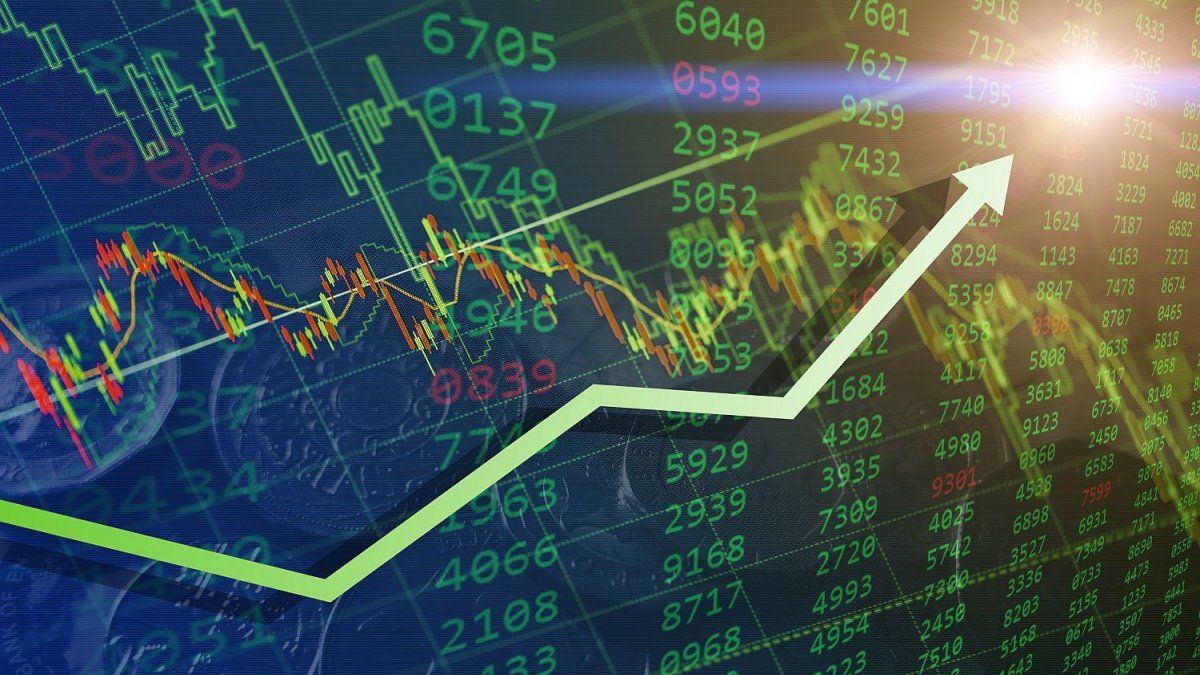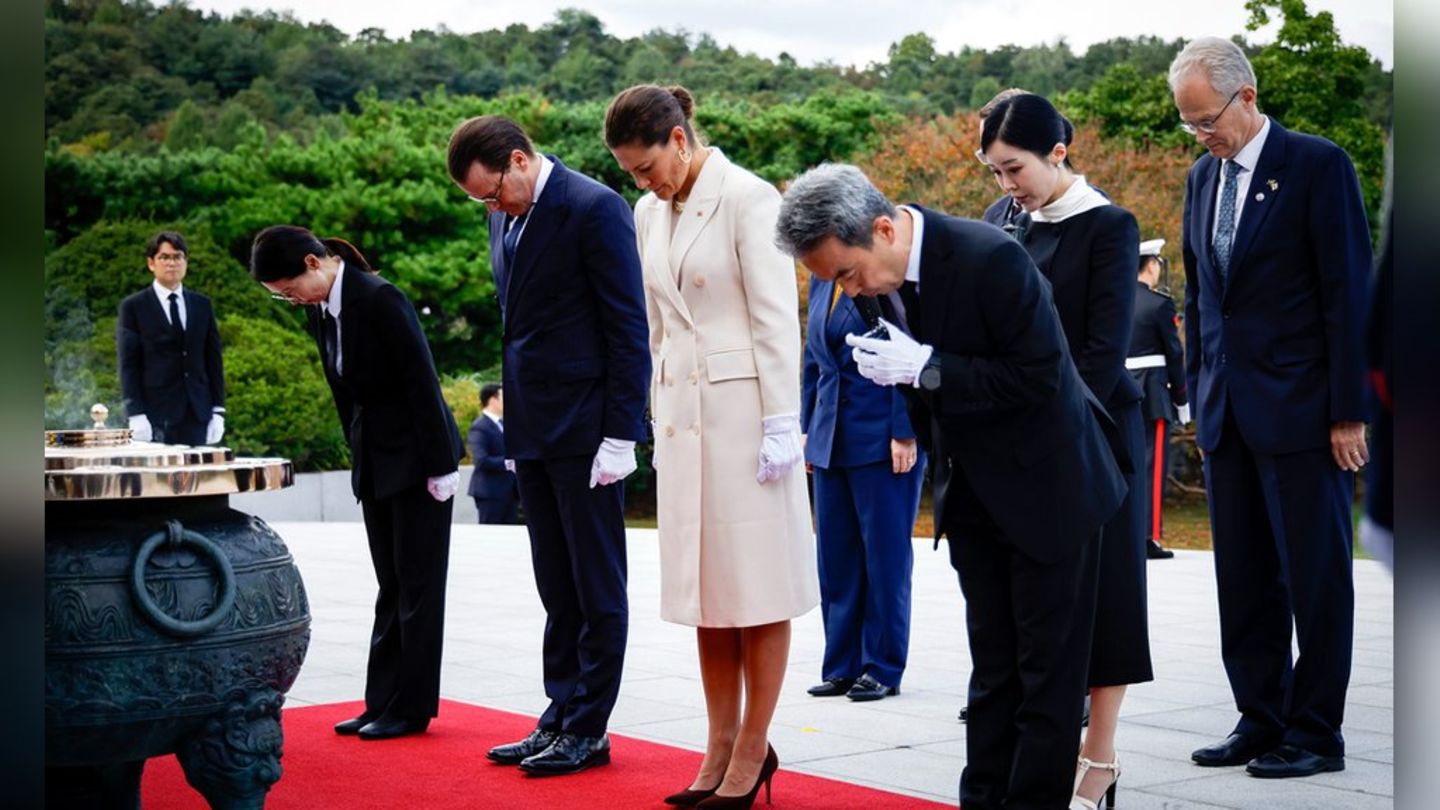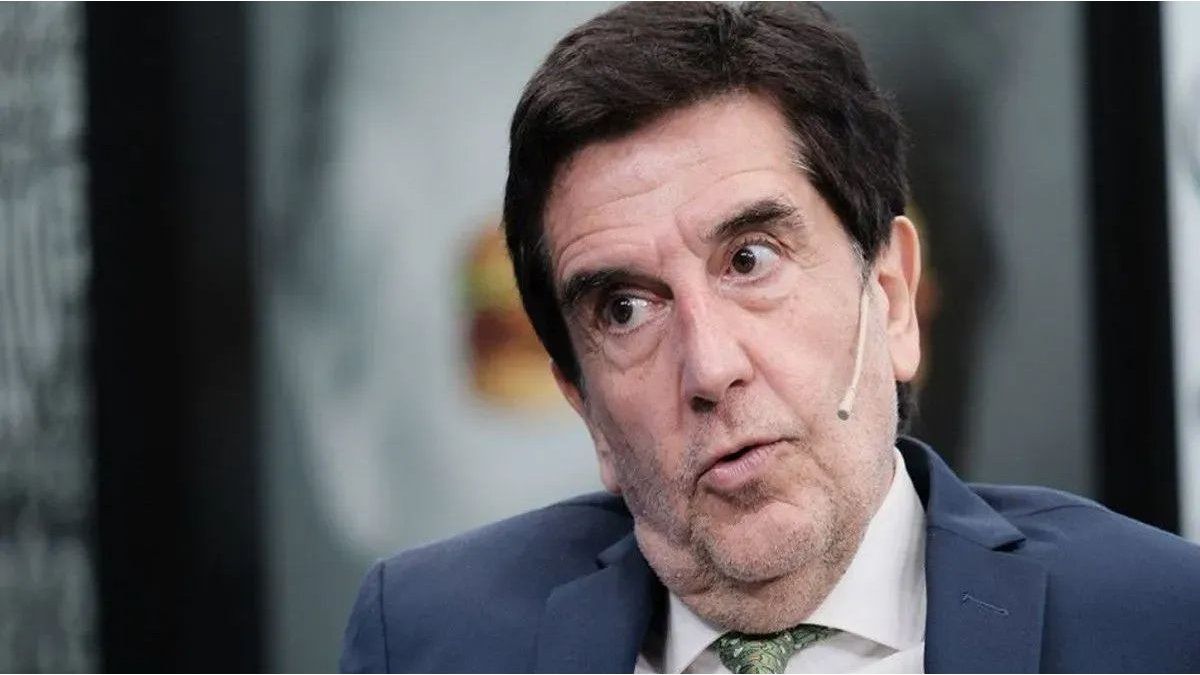And speaking of the preliminary meetings surrounding the spring meetings of the IMF and the World Bank, one of the highlights took place at The Willard InterContinental, meters from the White House. It was the IIF seminar on global outlook organized by S&P. There they confirmed that as almost 60 countries go to the polls this year and geopolitical tensions evolve, it is clear that 2024 will be a year defined by turbulence, transition and transformation.
Caputogitagopinath.jpeg
Kicking off was an insightful panel on the global economic and risk outlook featuring Megan Greene (Bank of England), Paul Gruenwald (S&P Global), Jonathan Pingle (UBS) and Debora Revoltella (European Investment Bank), who discussed the possible economic scenarios for 2024. Then ensued a debate between Piero Cipollone, Raghuram Rajan, Russ Vought of the European Central Bank and the governor of the Bank of England, Andrew Bailey. Subsequently, his Spanish counterpart, Pablo Hernández, emphasized the challenges of artificial intelligence (AI) for financial services companies and pointed out that When it comes to banking, it is essential that companies take into account the risk posed by AI in their risk management, AND it is essential that human judgment plays a role in this framework.
In this framework, there was no lack of a round table on what is coming to North American foreign policy with two former Trump officials from the area of security and international relations, Elbridge Colby and Nadia Schadlow, and Rexon Ryu (The Asia Group). There was also no lack of analysis on the upcoming elections in the US, relations between the US and China, and the state of the Chinese economy, where presentations by Amy Walter (The Cook Political Report), Leland Miller stood out. (China Beige Book), Helen Qiao (Bank of America) and Logan Wright (Rhodium Group).
Other priests who participated in the event were the Minister of the Treasury and Finance of the Republic of Turkey, Mehmet Simsek, the president of the Council of Economic Advisers of the White House, Jared Bernstein, Vali Nasr (Johns Hopkins) and the vice president of the Bank of Mexico , Irene Espinosa Cantellano. After lunch there was a panel on Latin America’s growth prospects with economists Mónica Baumgarten de Bolle, Verónica Frisancho Robles (CAF), Mario Mesquita (Itaú Unibanco) and Mark Patrick (TIAA).
To close this prior to the IMF/WB conclave at the dinner, the governor of the Federal Reserve, Michelle Bowman, spoke. Another meeting that brought them up was the discussions of the so-called G20 Group of Independent Experts on the reform of the Multilateral Development Banks (MDBs). The current president of the group of heads of the Multilateral Development Banks, the Brazilian Ilan Goldfajn, commented that the IDB was working together with sister institutions to create a better system of MDBs, larger and more effective, which will guarantee maximum impact. and scale in Latin America and the Caribbean.
While the real nothing in exchange turbulence One of the most in-demand analysts was the Brazilian Thiago de Aragao (Arko), who did not stop giving talks and presentations at the DC, questioned not only about Brazilian politics but also about Latin American institutional risks, Latin American logistics (geopolitical approach) and relations between China and the region.
It’s not all Washington
But it’s not all Washington since the traditional annual Latin Securities event of a renowned man of the Argentine market, Eduardo Tapia, was held on the neighboring River Plate bank, who brought together this time, not only the main investors, managers and bankers who operate in the region but also politicians and athletes of the stature of Luis María Sanguinetti, Luis Peña, Mauricio Macri, Javier Zanetti, Luis Scola, even Deepak Chopra and Susana Giménez. There was clearly a lot of hallway commentary about the Argentine situation.
Something that those who returned on the ferry back to Baires took with them was the good reading of the MPI for March (5.4%), the best record of the libertarian era and the lowest in 12 months, while all high-frequency indicators mark a significant slowdown in core inflation in April. This impacted Lecaps, with January trading below 4.5% of TEM.
It is perceived that the Government went from urgency to transition, for which it injected the new fiscal package concentrated on Profits, praying that the moratorium, money laundering and Personals make their contribution.
Meanwhile, the Central Bank (BCRA) blender remains at full capacity after lowering the rate to 70% annually, limiting the growth of remunerated monetary liabilities, liquefying the counterpart capital and savings of companies and families and thus being able to sustain the framework. exchange rate to deepen disinflation. An international manager who took advantage of the event to visit Argentina told a Creole colleague that Much of the decision to buy, sell or hold sovereign bonds depends on the ability of Milei and the economic team to achieve a fiscal surplus.
But there is not much time to do this and reactivate the economy, since the country faces large payments on foreign debt starting this year and a default cannot be ruled out. That is why they have cautious optimism, because if the pain of adjustment does not bring economic improvements, popular support for Milei could begin to wane in the second half of this year.
But investors are also concerned about Milei’s lack of experience and political skill, as his diagnosis might be correct, but his ability to implement it is somewhat suspect. There are still no desperate buyers, despite the recent rally. Regarding politics, the reading that there is is that the Government went from harshness to pragmatism with some contradictions and despite being in problems it still has not lost credit with the society that voted for it.
Today everyone continues to wonder what is the real direction that Milei will take, whether he will maintain the story against caste or instead choose to negotiate with all of them, the governors, deputies and even the most rancid unionism. It seems, according to those close to La Rosada, that the tactics to avoid affecting the “libertarian” course are still not clear. The bets remain like this: a rebound in the second semester that consolidates the President’s popularity, or mediocre growth that solidifies such an adjustment, or a collapse due to the inconsistencies of the measures. There is no middle ground. Although it is also taken into account that several political scientists and pollsters highlight that the President’s good image is based on the fact that he is something different and despite his craziness he can get it right.
Now, it remains to be seen how long the Milei style, a combination of ads, fights, controversies, trolls and distractions, will allow him to buy time until miracles arrive. In this sense, those close to La Rosada rumor that Milei is seduced by the idea of distancing the Cabinet meetings and focusing more on his own thing, the economy. Also they noises and libertarian farce in the block itself they generate concern about how it will impact internally. The only thing that keeps Milei awake politically is, like any good “caste”, having a Congress friendly next year to avoid the dialogueists, and the General Secretary of the Presidency is working tirelessly on this.
For “cut the ball” -paraphrasing Cutzarida- the local manager recommended the debate that River Plate economists Arturo Porzecanski and Marcos Buscaglia are going to lead on how to add democratic considerations to the investment process, because the current ESG criteria incorporated environmental and social standards into investment decisions. but it needs to improve its approach to democratic versus autocratic regimes. They warn that it is easy to unintentionally fund autocrats by allowing benchmark indices to shape investors’ portfolios because they include stocks and bonds from countries that perform poorly in democracy rankings. Meanwhile, there is also talk of deja vu in the global financial market about the Plaza Accord of the eighties after the Japanese prime minister visited the White House and suspicions of a pact now with South Korea and the United States were generated. We will expand.
Source: Ambito
I am a 24-year-old writer and journalist who has been working in the news industry for the past two years. I write primarily about market news, so if you’re looking for insights into what’s going on in the stock market or economic indicators, you’ve come to the right place. I also dabble in writing articles on lifestyle trends and pop culture news.




